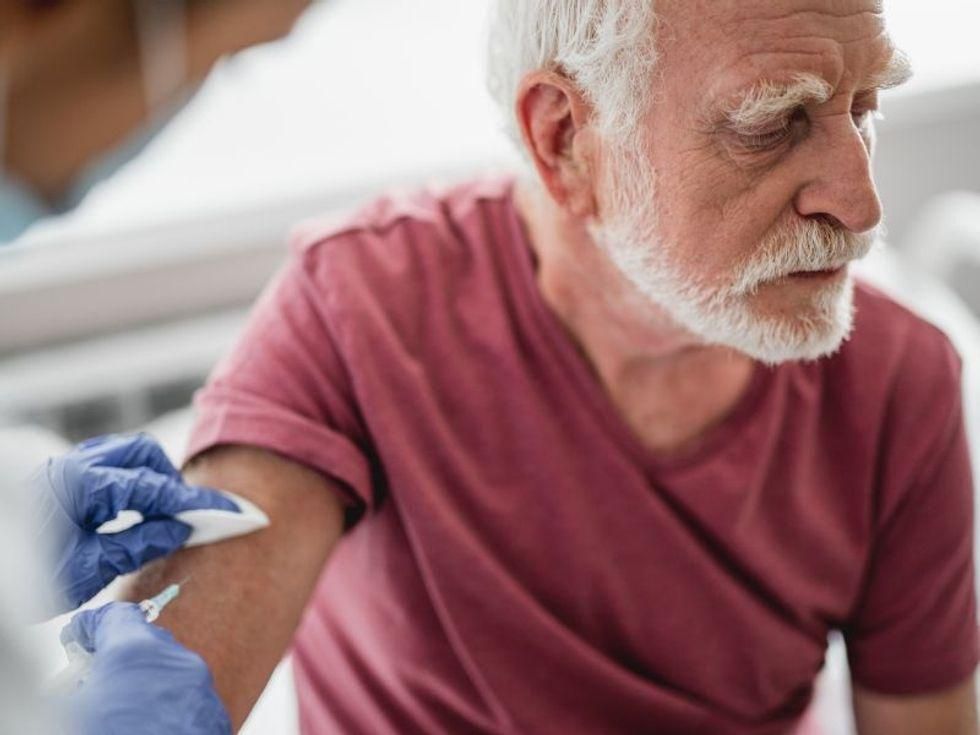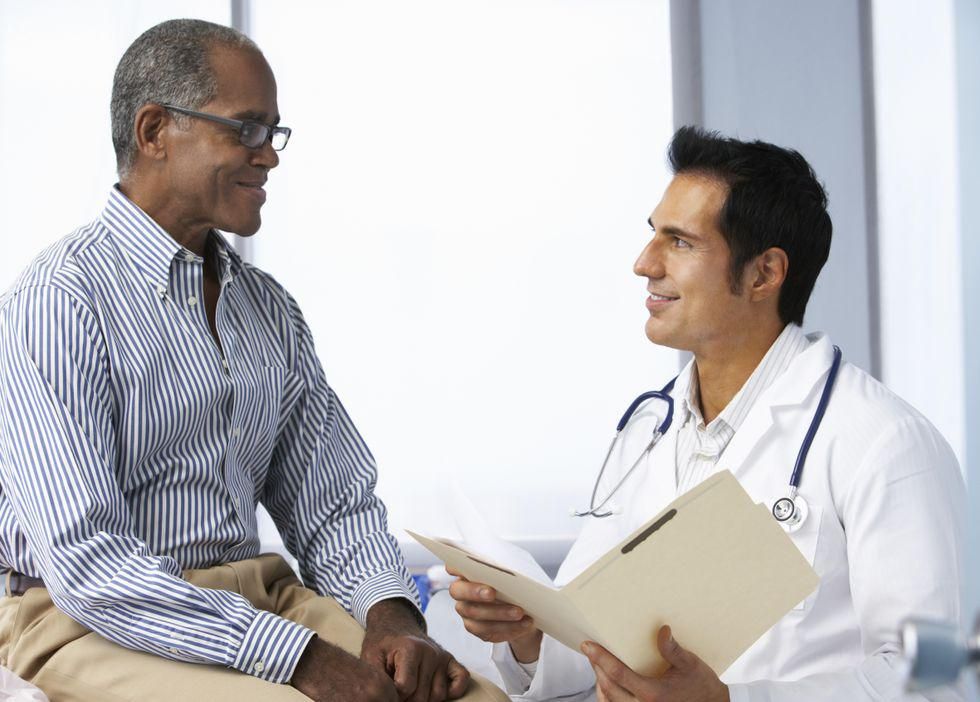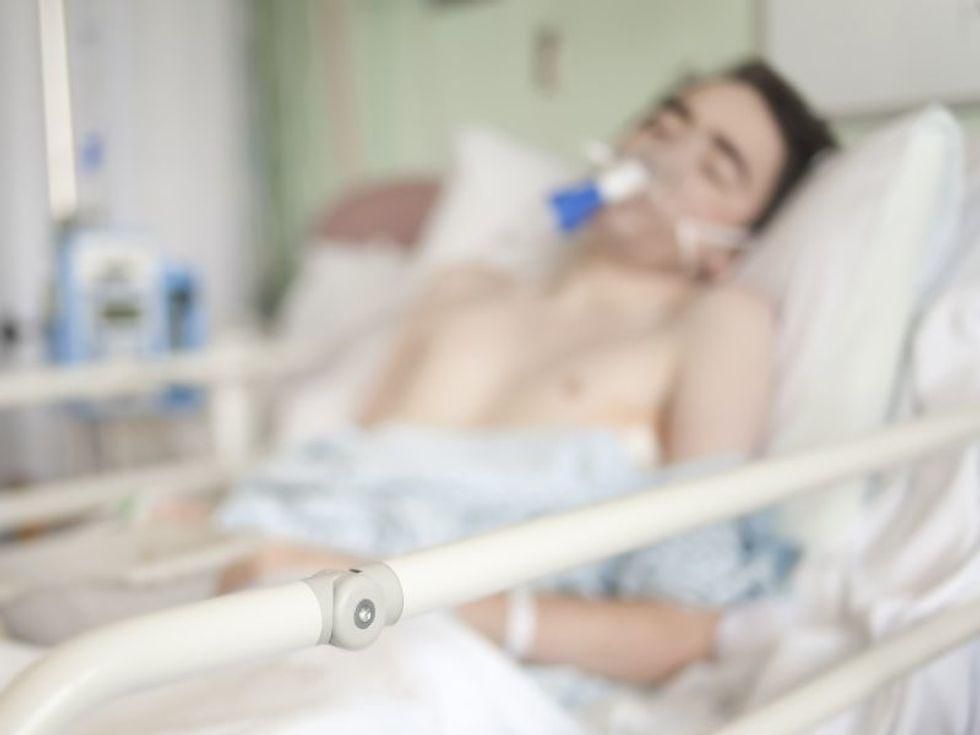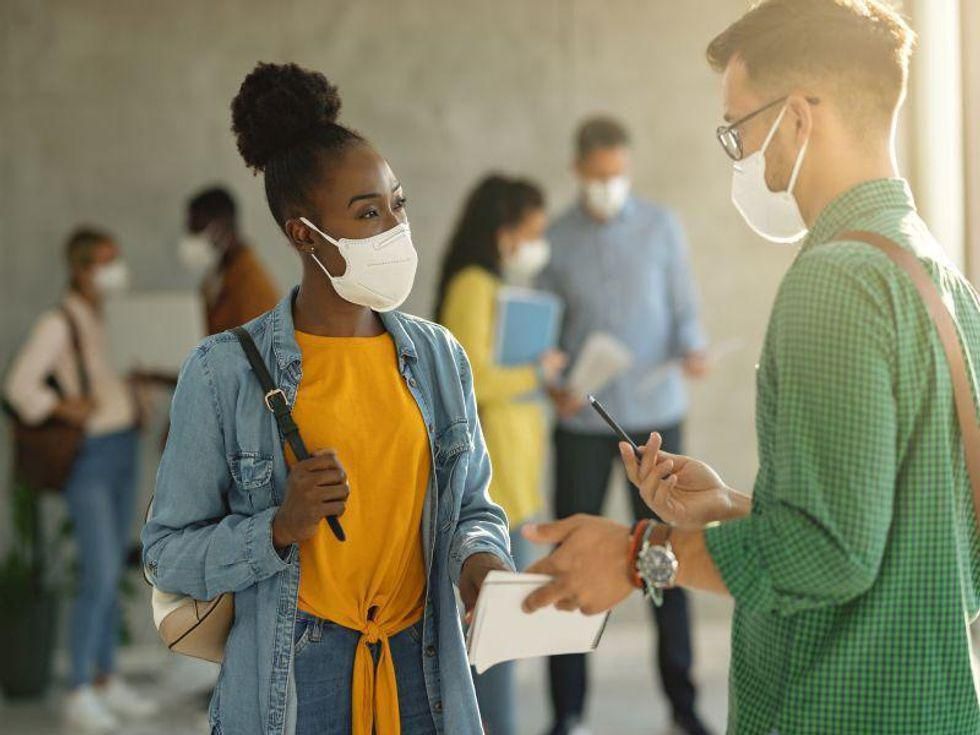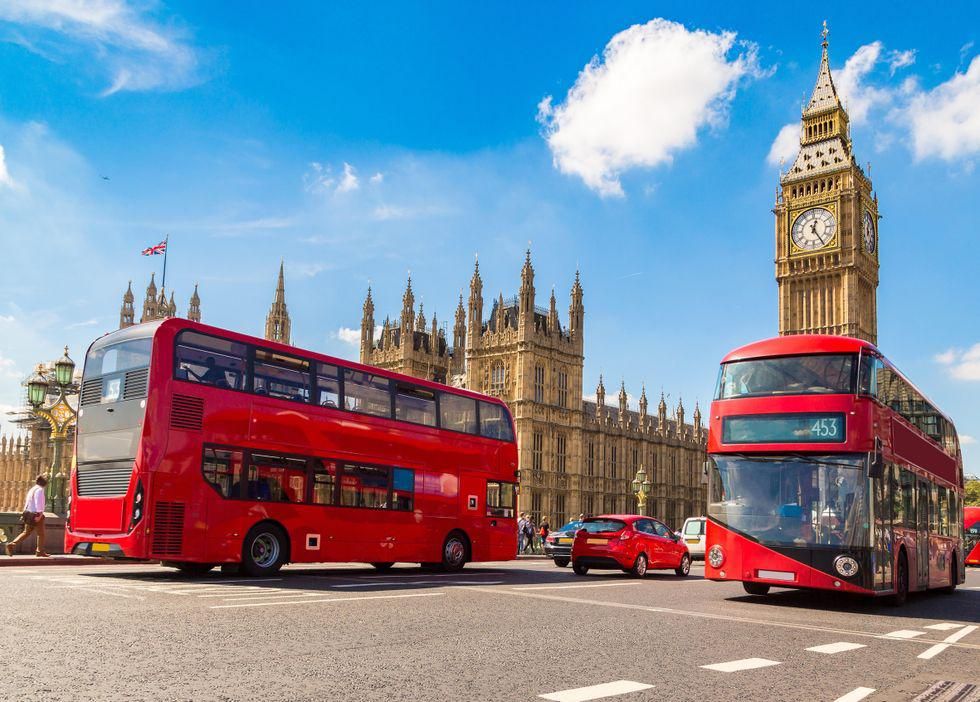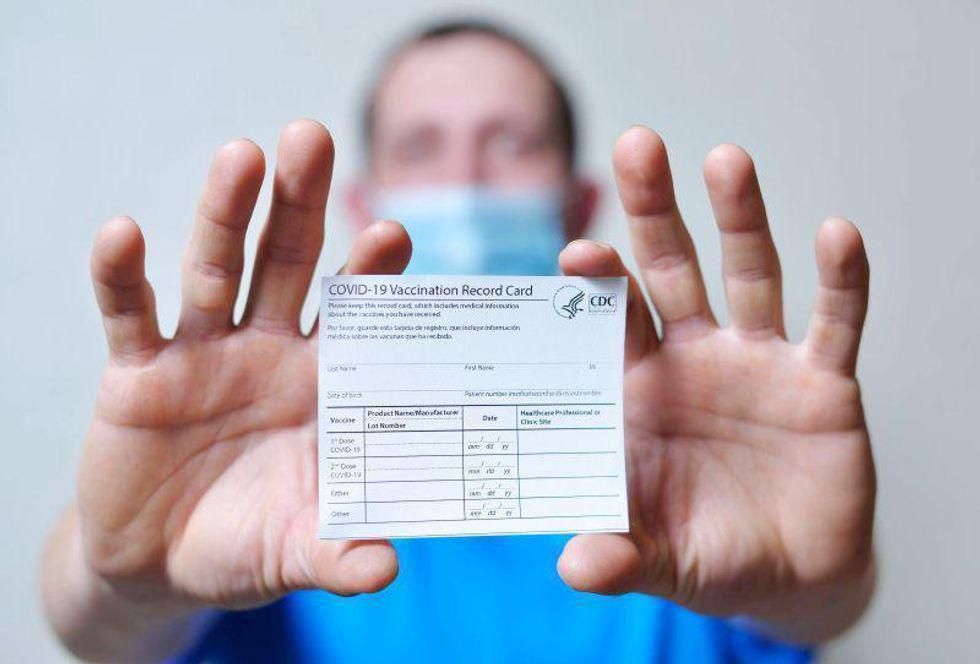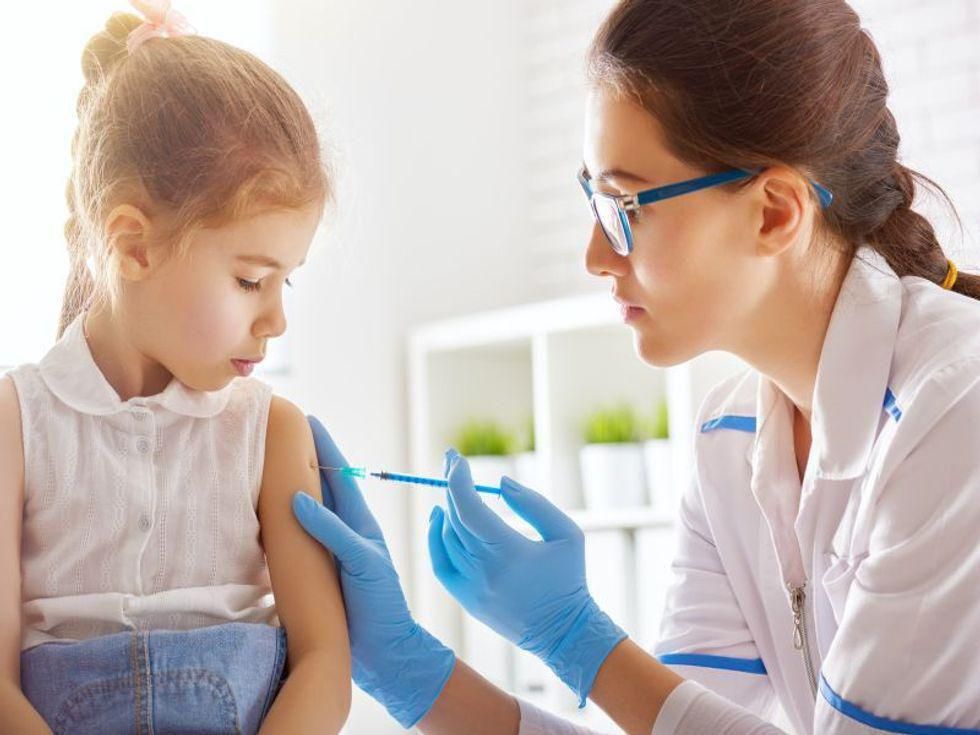
President Joe Biden is considering a mandate that would require all civilian federal employees to get a COVID-19 vaccine or submit to regular testing, masking and travel restrictions. White House officials said Tuesday they would reveal more about the president’s plans later this week, while Biden said he would deliver a speech on Thursday about… read on > read on >










